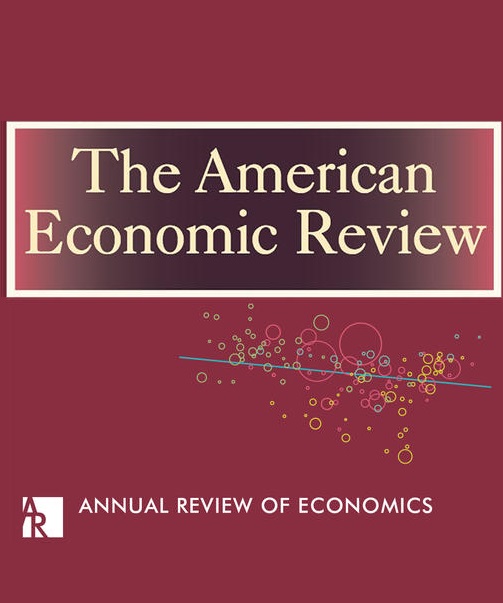重塑青少年的性别态度:来自印度学校实验的证据
IF 11.6
1区 经济学
Q1 ECONOMICS
引用次数: 0
摘要
本文评估了印度的一项干预措施,该措施让青春期的男孩和女孩参加为期两年的关于性别平等的课堂讨论,旨在减少他们对限制妇女和女孩机会的社会规范的支持。通过一项随机对照试验,我们发现该项目使态度更支持性别平等0.18个标准差,或者,等效地,转换了16%的倒退态度。当我们在干预结束两年后重新调查研究参与者时,效果仍然存在。该计划还导致了更多性别平等的自我报告行为,我们发现微弱的证据表明,它影响了两项揭示性偏好措施。(jl d63, d91, j21, j13, j16, 012)本文章由计算机程序翻译,如有差异,请以英文原文为准。
Reshaping Adolescents' Gender Attitudes: Evidence from a School-Based Experiment in India
This paper evaluates an intervention in India that engaged adolescent girls and boys in classroom discussions about gender equality for two years, aiming to reduce their support for societal norms that restrict women's and girls' opportunities. Using a randomized controlled trial, we find that the program made attitudes more supportive of gender equality by 0.18 standard deviations, or, equivalently, converted 16 percent of regressive attitudes. When we resurveyed study participants two years after the intervention had ended, the effects had persisted. The program also led to more gender-equal self-reported behavior, and we find weak evidence that it affected two revealed-preference measures. (JEL D63, D91, I21, J13, J16, 012)
求助全文
通过发布文献求助,成功后即可免费获取论文全文。
去求助
来源期刊

American Economic Review
ECONOMICS-
CiteScore
18.60
自引率
2.80%
发文量
122
期刊介绍:
The American Economic Review (AER) stands as a prestigious general-interest economics journal. Founded in 1911, it holds the distinction of being one of the nation's oldest and most esteemed scholarly journals in economics. With a commitment to academic excellence, the AER releases 12 issues annually, featuring articles that span a wide spectrum of economic topics.
 求助内容:
求助内容: 应助结果提醒方式:
应助结果提醒方式:


